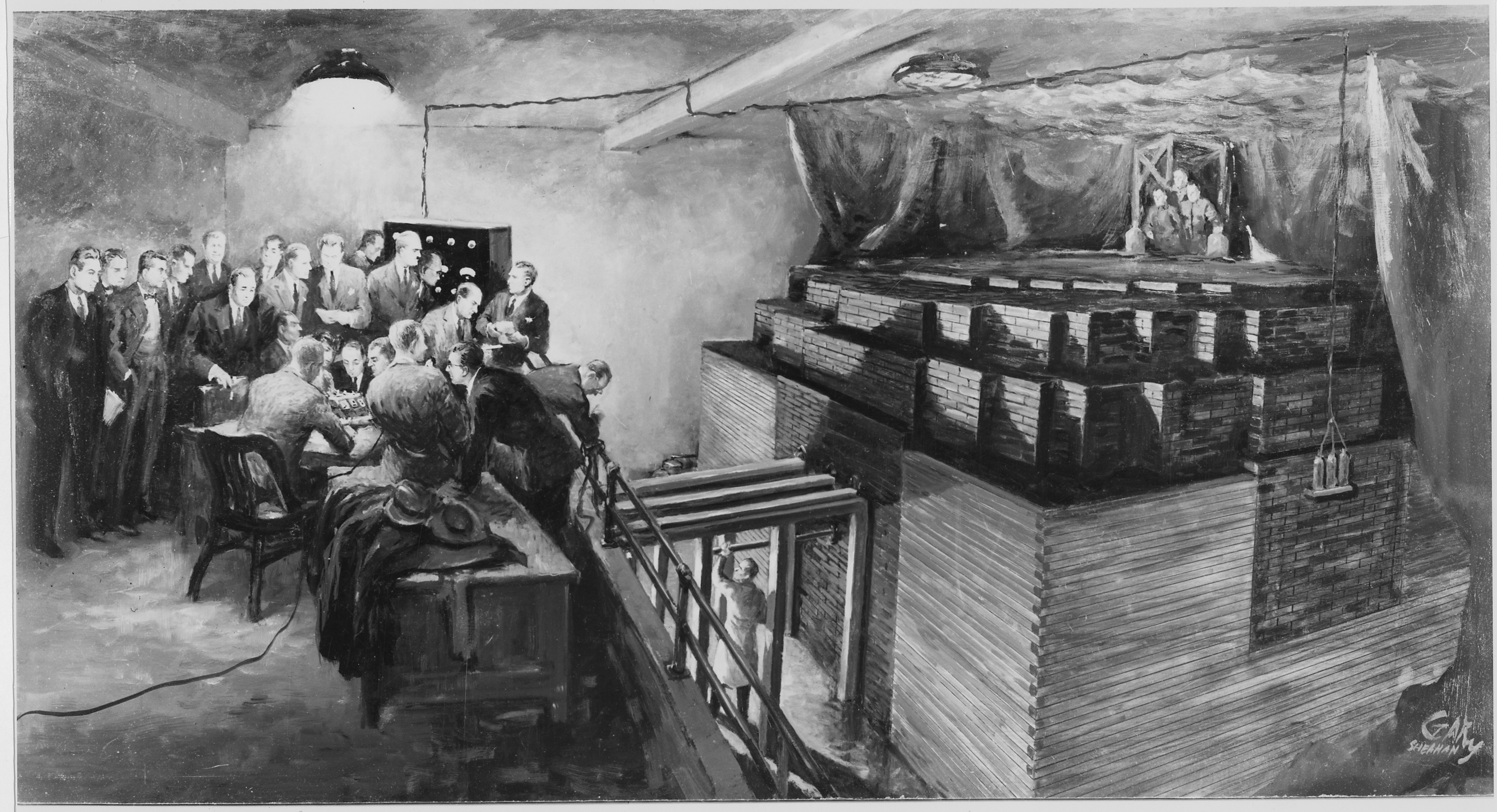By Katja Grace, 24 November 2015
We’ve been working on a few longer term projects lately, so here’s an update in the absence of regular page additions.
New researchers
Stephanie Zolayvar and John Salvatier have recently joined us, to try out research here.
Stephanie recently moved to Berkeley from Seattle, where she was a software engineer at Google. She is making sense of a recent spate of interviews with AI researchers (more below), and investigating purported instances of discontinuous progress. She also just made this glossary of AI risk terminology.
John also recently moved to Berkeley from Seattle, where he was a software engineer at Amazon. He has been interviewing AI researchers with me, helping to design a new survey on AI progress, and evaluating different research avenues.
I’ve also been working on several smaller scale collaborative projects with other researchers.
AI progress survey
We are making a survey, to help us ask AI researchers about AI progress and timelines. We hope to get answers that are less ambiguous and more current than past timelines surveys. We also hope to learn about the landscape of progress in more detail than we have, to help guide our research.
AI researcher interviews
We have been having in-depth conversations with AI researchers about AI progress and predictions of the future. This is partly to inform the survey, but mostly because there are lots of questions where we want elaborate answers from at least one person, instead of hearing everybody’s one word answers to potentially misunderstood questions. We plan to put up notes on these conversations soon.
Bounty submissions
Ten people have submitted many more entries to our bounty experiment. We are investigating these, but are yet to verify that any of them deserve a bounty. Our request was for examples of discontinuous progress, or very early action on a risk. So far the more lucrative former question has been substantially more popular.
Glossary
We just put up a glossary of AI safety terms. Having words for things often helps in thinking about them, so we hope to help in the establishment of words for things. If you notice important words without entries, or concepts without words, please send them our way.



Be the first to comment